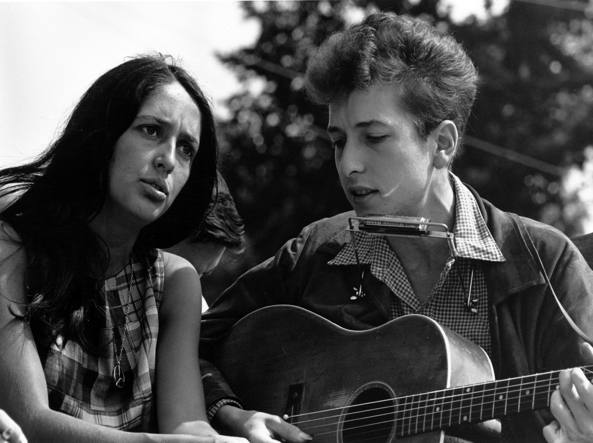
The consumption of popular culture, on the one hand, and policies aimed at influencing popular culture, on the other, became increasingly salient in 20th century Western societies. Thanks to changes in communications, media, pop music, movies, television programs, advertising, had in fact wider circulation.
Since the beginning of the 20th century, political parties and governments became aware of the importance of controlling and manipulating popular culture, and started developing sophisticated and effective forms of propaganda. Concurrently, popular culture itself became politicised, as protest started to be conveyed in various forms of popular art, especially music. These played an increasingly disruptive role, particularly in countries governed by authoritarian or dictatorial regimes, were they became real counter-propaganda tools.
The course aims at providing a general overview of the main trends in the history of popular culture from the early to the late 20th century, as well as at introducing students to key arguments in historical scientific research on the topic. In this way, students will develop skills to critically read, think, discuss and write about a set of historiographical arguments and a multiplicity of historical evidence.
The first part of the course will focus on the analysis of the concepts of "Popular Culture", "Propaganda", "Cultural" and "Public Diplomacy" . The historical processes leading to the emergence of complex propaganda strategies aimed at controlling and directing popular culture will also be examined. Particular attention will be devoted to totalitarian regimes, especially fascism.
The second part of the course will deal with grass-roots forms of "counter-propaganda", focusing in particular on the role of music as a tool of protest in the American continent during the 1970s, paying particular attention to on the Argentine as case studies.
Since the beginning of the 20th century, political parties and governments became aware of the importance of controlling and manipulating popular culture, and started developing sophisticated and effective forms of propaganda. Concurrently, popular culture itself became politicised, as protest started to be conveyed in various forms of popular art, especially music. These played an increasingly disruptive role, particularly in countries governed by authoritarian or dictatorial regimes, were they became real counter-propaganda tools.
The course aims at providing a general overview of the main trends in the history of popular culture from the early to the late 20th century, as well as at introducing students to key arguments in historical scientific research on the topic. In this way, students will develop skills to critically read, think, discuss and write about a set of historiographical arguments and a multiplicity of historical evidence.
The first part of the course will focus on the analysis of the concepts of "Popular Culture", "Propaganda", "Cultural" and "Public Diplomacy" . The historical processes leading to the emergence of complex propaganda strategies aimed at controlling and directing popular culture will also be examined. Particular attention will be devoted to totalitarian regimes, especially fascism.
The second part of the course will deal with grass-roots forms of "counter-propaganda", focusing in particular on the role of music as a tool of protest in the American continent during the 1970s, paying particular attention to on the Argentine as case studies.
- Docente: LAURA FOTIA